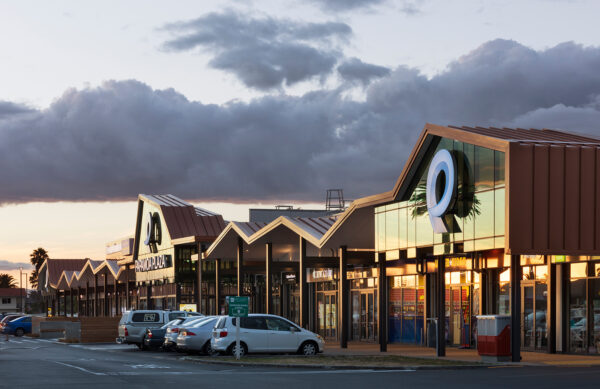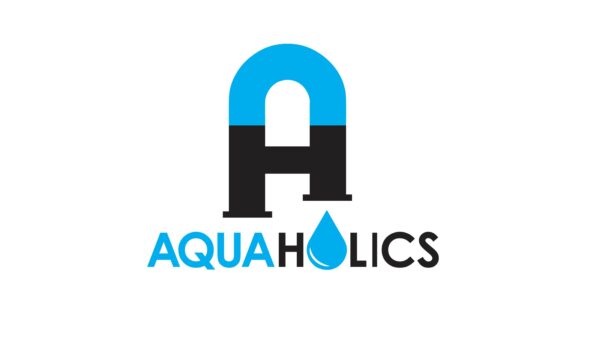Despite all its challenges, this year has seen a huge number of new businesses start, as well as a rise in sole traders and freelancers.
Anecdotally, this is due to a number of highly skilled individuals going out on their own or buying new businesses, following a significant career shift or change in circumstances as a result of COVID-19.
As well as a good business plan, a good business starts with a strong brand. But how do you establish an effective brand and how do you avoid potential controversy with your brand (as recently exhibited by OCD coffee roastery, who landed in hot water for their name).
We spoke to Lillian Richmond from Marketing On Demand to get some advice on creating a meaningful brand.
Think about a brand you love. What makes you like it? Why do you keep purchasing its products or services? What compels you to recommend it to others?
There are dozens of reasons why we engage with brands, and they all boil down to a simple principle. We choose the brands we identify with. So, if you are developing a brand for your business, ensure it resonates with your audience.
Answer three important questions to create a brand that resonates:
Who is your brand for?
I’ve seen plenty of examples where business owners create a brand for their business that reflects their own needs, preferences and motivations. Don’t fall into this trap. Your brand is not for you. Your brand is designed to compel your target audience to use your products and services. So your first step is to identify who your audience is – their needs, preferences, values and motivations – and design your brand to appeal to them.
What do you want your brand to be known for?
If you got ten of your ideal customers together in a room and asked them what came to mind when thinking of your brand, what would you want them to say? By defining what you want your audience to think, believe and feel about your brand you can craft the brand to achieve it.
What is your overall brand experience?
Your brand is much more than a cleverly designed logo, name and colours. Think of your brand as an experience that a person has every time they interact with your business. This means branding is weaved into every part of your business. The way your phone is answered, how your product looks on a shelf, your social media posts, and the accuracy of the invoices you send are all individual interactions a person has with your brand. Added together, these interactions combine to create your brand experience. Define what you want the brand experience to be and deliver it consistently at every interaction.

Is there a place for controversial brands?
Absolutely. There are plenty of clever brands out there pushing the boundaries, and there are some common factors of brands that do it successfully:
- Firstly, they know their audience well.
- Secondly, they ensure their branding activity does not cause harm or widespread offence.
- Finally, the controversial approach is part of their overall brand experience.
Hell Pizza is a good example of a brand that pushes the boundaries but it’s very consistent with the brand. It’s in context.
If you are considering pushing the boundaries with your branding and/or advertising here are some things to investigate:
- Ensure it fits with your overall brand story and makes sense for your audience.
- Test the concept with a wider community to gather different perspectives before you launch.
- Get up to speed with the Advertising Standards Code and speak to your lawyers to understand potential risks.
Brands are ultimately emotional connections we create with our audience to grow a venture.
Seth Godin, a renowned marketer sums up branding beautifully: “A brand is the set of expectations, memories, stories and relationships that, taken together, account for a consumer’s decision to choose one product or service over another.”

















































